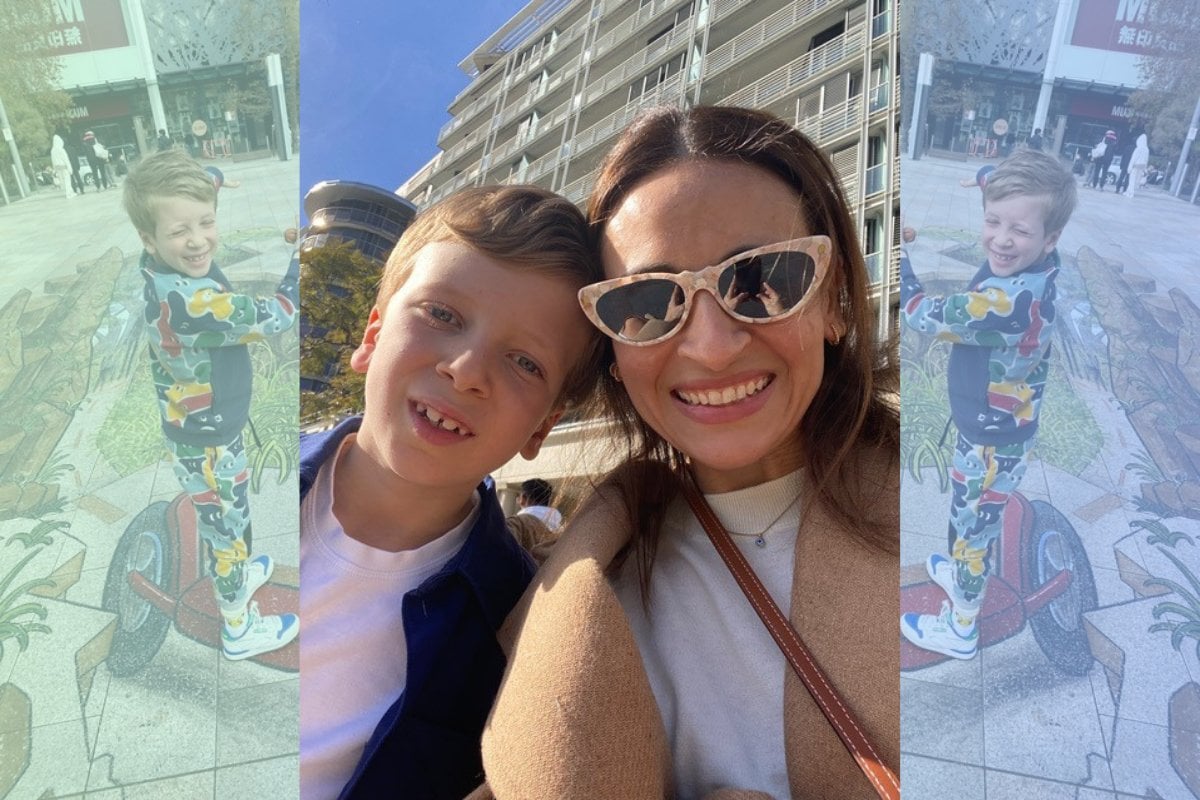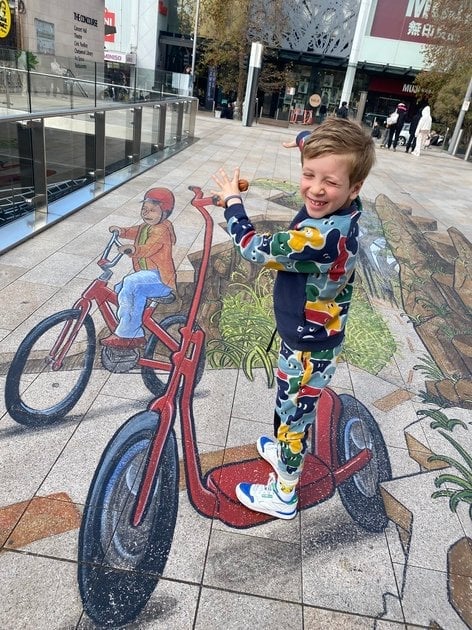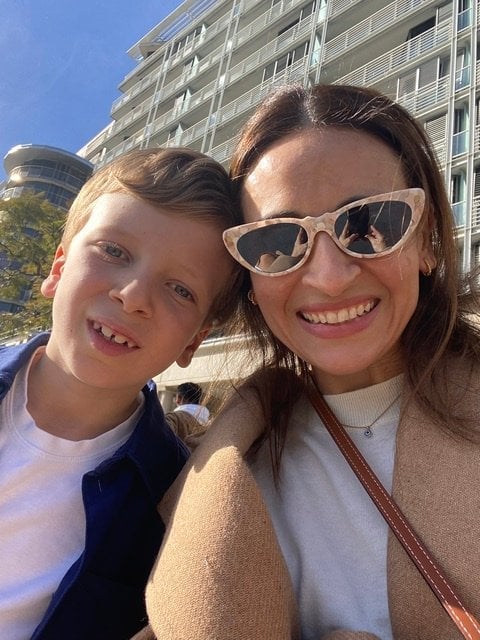
Two months ago, my six-year-old son was diagnosed with combined ADHD. The combined part means he has both the inattentive and hyperactive traits rather than just one or the other. I know what you’re thinking, that kid must be a real handful, but I’m here to dispel some pretty common misconceptions about children with ADHD. I should know; I had the same thoughts before I knew anything about it.
An estimated 8.4 per cent of children and 2.5 per cent of adults have ADHD. Watch to understand what ADHD means. Post continues after the video.
We didn’t get our son assessed because he was violent, because he isn’t. We didn’t get our son assessed because he is failing at school, because he isn’t. We also didn’t get our son assessed because he’s losing friends and socially unaware, because he absolutely is not. Why did we get him assessed? For reasons that I’ve never heard associated with ADHD, which is why I think this conversation is so important to have.
In my son’s first year of school, he fell over a lot. It wasn’t uncommon for me to get multiple phone calls from the office alerting me to the fact that there had been yet another non-serious injury to document. This coincided with the fact that my husband and I noticed our son couldn’t easily hop, skip or balance on a beam properly. No big deal, we thought; the kid’s a little uncoordinated.
A few months later, as he was beginning to delve deeper into writing at school, his teacher made a point of letting us know his pencil grip wasn’t quite right. She wasn’t worried, as this was a common problem for year one students, but suggested we start him with some occupational therapy to help with hand strength. No big deal, we thought, and we started him with regular OT appointments, as well as speech therapy for his lisp.



